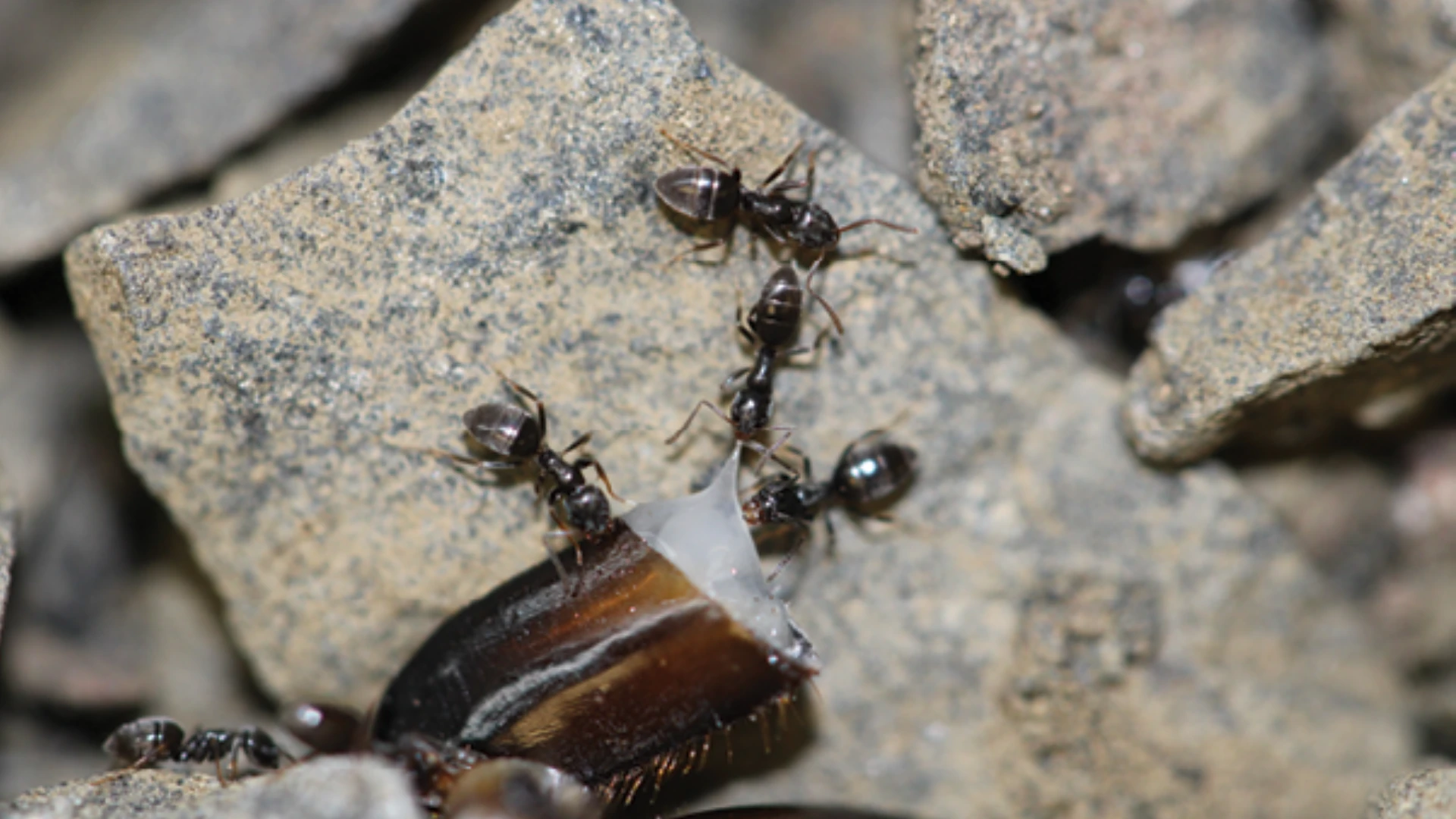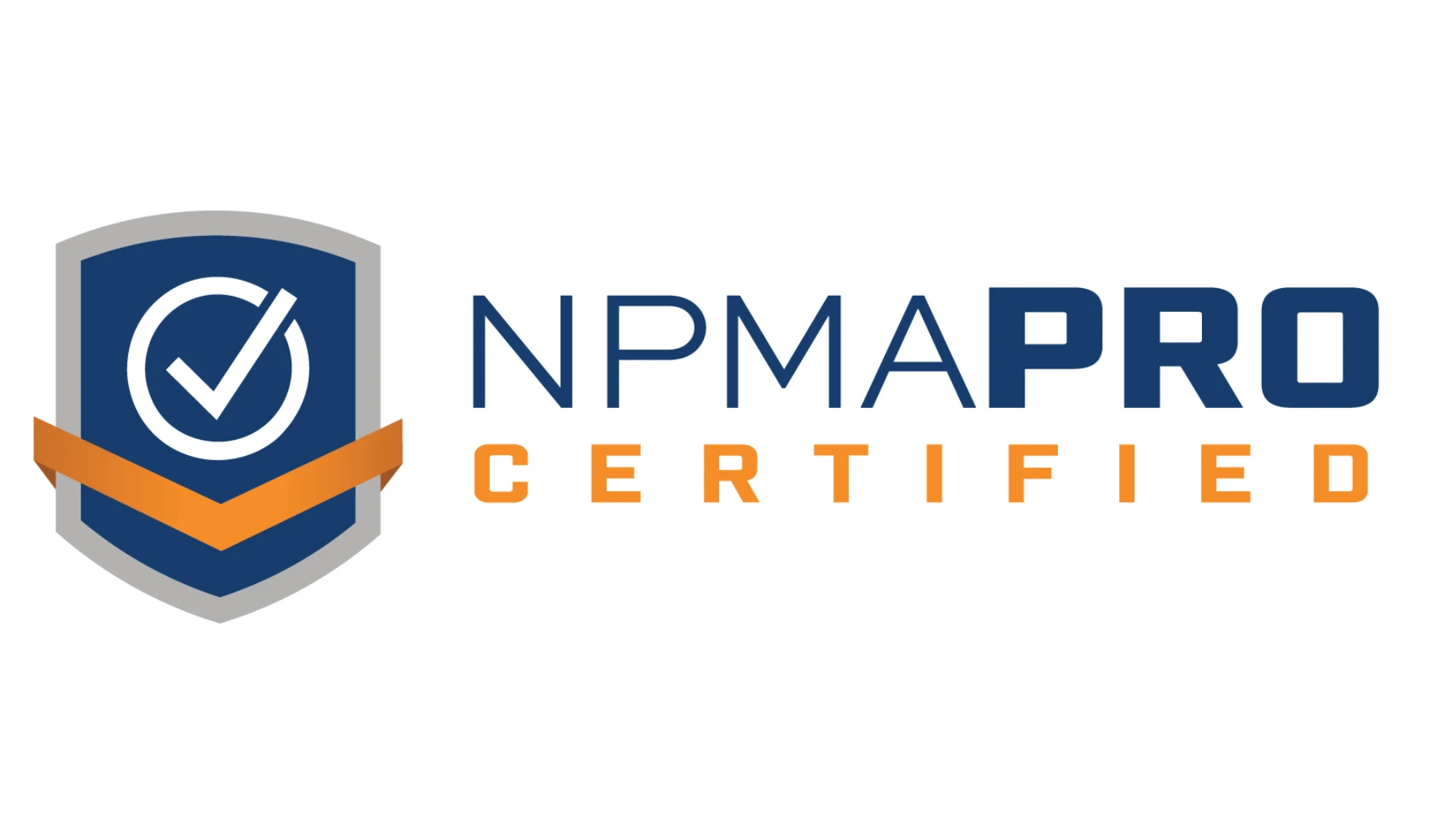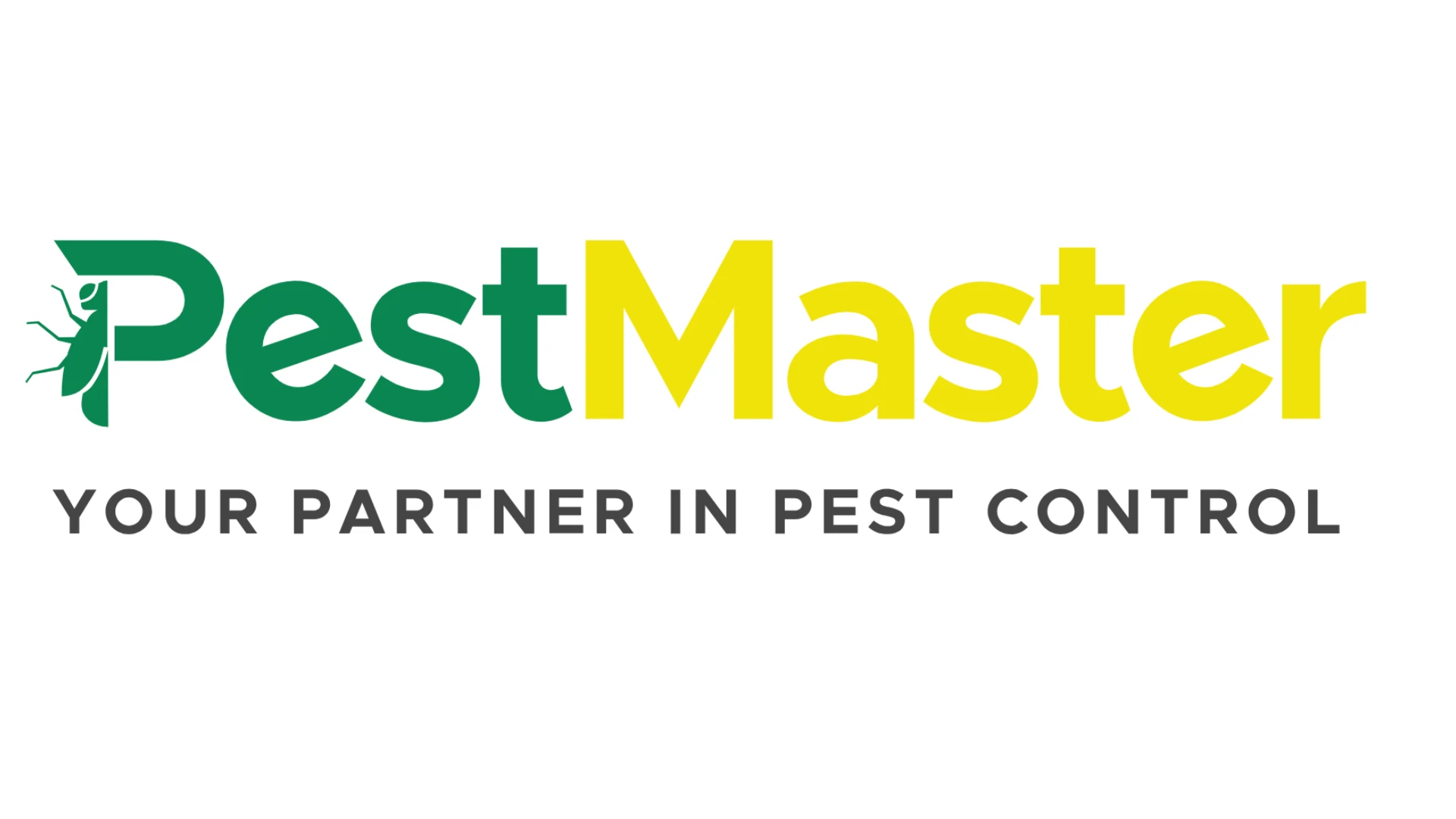
“Manage your vehicle before it manages you.” Don Topar, fleet administrator at Truly Nolen in Tucson, Ariz., frequently reminds branch managers of this reality. “When you take the time to service vehicles, they’re less likely to go down.”
The underlying philosophy of Truly Nolen’s vehicle maintenance protocol is “safety first.” Sounds simple enough, but there are lots of moving parts related to vehicle maintenance — and ultimately, the work must be ongoing rather than a last-minute activity before spring. But in case you haven’t done so already...
Change the Oil. Using high-quality synthetic oils reduces the number of oil changes required annually, Topar points out. Truly Nolen branch managers monitor vehicles via fleet tracking systems to ensure that oil is changed every 6,000 miles, before the recommended 7,500-mile mark.
Clean Up. “Dirt is a major factor in vehicles falling apart — dirty oil, dirty fluids, dirty filters,” Topar says. Manage these service areas on a regular basis, and certainly before the busier spring season.
Check tire air pressure and ensure that any tires that require replacing are addressed before summer heats up. When tires heat up, you could have a blow-out on the highway if they’re not in good shape.
Change the Tires. Depending on where you’re located, snow tires might be required; some provinces in Canada require snow tires after the temperature drops below 45°F. “We tend to switch to snow tires in all of our northern markets,” says Brett MacKillop, senior vice president, Ontario-based Abell Pest Control. But snow tires need to be traded out again before spring.
Topar also suggests checking tire air pressure and ensuring that any tires that require replacing are addressed before summer heats up. “When tires heat up, you could have a blow-out on the highway if they’re not in good shape,” he reminded.
Stay Cool. Another hot issue in spring and summer — the engine. Be sure vehicles contain the appropriate level of coolant, which helps remove excess heat from the engine, Topar says.
Improve visibility. Abell Pest Control’s fleet of 500-plus vehicles have back-up cameras, which are standard in late-model vehicles. But the company is exploring adding dash cams as well. These are mounted to the windshield and record the road while a vehicle is operating. As soon as the ignition starts, the camera turns on; video is saved on a micro SD card. Management can view recordings to identify incidents, including theft or damage. Plus, insurance companies appreciate these safety efforts and might provide discounts on premiums.
Dash cams, also referred to as drive cams, are standard in Truly Nolen’s sales vehicles and large trucks. “Salesmen are often rushing around, so we put the drive cams in their vehicles,” Topar says. “And, if a driver of one of our large trucks is not aware of a lane change or following a vehicle too closely, they could cause the most damage (because of size).”
Additionally, if a pest management company receives any driving complaints, Topar or a branch manager can review the drive cam footage and identify whether the other driver’s claim is accurate.
Keep a spare. Firms don’t just need spare tires that are in good shape — a spare vehicle is often needed too. “When you get caught up in a busy service business, maintenance can get overlooked — but when a vehicle is down, that could mean a tech is not working,” MacKillop says. “Most of our locations have spare vehicles we keep for that purpose.”

Explore the March 2020 Issue
Check out more from this issue and find your next story to read.
Latest from Pest Control Technology
- Target Specialty Products Expands Sales Leadership Team
- Mosquito Joe Promotes David Price to Vice President of Strategic Growth
- Abell Pest Control Recognized as One of Canada’s Best Workplaces in 2025
- Scorpion Launches Capacity Marketing Engine
- Petti Pest Control Owners Reflect on Finding Success as a Father-Son Duo
- Effective Mitigation of Crow Infestations
- Mosquito Control: Spraying vs. IPM
- Terminix Service's Leaders Inducted into South Carolina Business Hall of Fame







